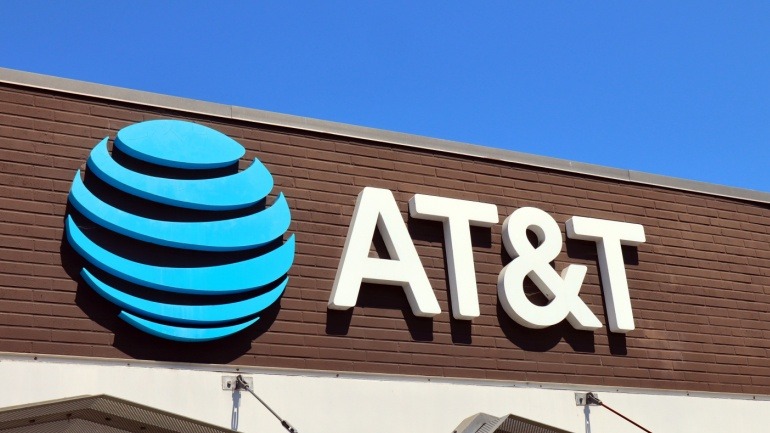The US Federal Communications Commission (FCC) is gearing up for a pivotal vote on April 25 to reinstate net neutrality, a move that has stirred controversy, particularly among Republican commissioners.
If approved, the FCC’s proposal would reclassify broadband providers as essential utilities, subjecting them to regulation under Title II of the Communications Act. This decision aims to empower the FCC to prevent broadband providers from obstructing or slowing down access to legal online services and from engaging in paid prioritization. Additionally, Title II could bolster the FCC’s ability to address outages, tackle potential national security threats, and safeguard consumer data.
However, the initiative has faced staunch opposition from Republican commissioner Brendan Carr, who has vehemently criticized President Biden’s support for the plan. Carr argues that reinstating Title II would lead to increased prices and hinder network expansion efforts, dubbing it as governmental micromanagement.
Furthermore, Carr contends that net neutrality measures could inadvertently provide additional protections to tech giants like Amazon, Apple, and Google, at a time when calls for regulating their conduct are growing louder.
Despite the contentious debate, FCC Chairwoman Jessica Rosenworcel remains resolute in her support for net neutrality. She sees it as a crucial responsibility of the FCC to ensure an open and fair internet, particularly after the repeal of net neutrality regulations in 2018.
The upcoming vote on net neutrality is expected to highlight the deep-seated political divisions within the FCC. With Democrats holding a majority, a party-line vote could pave the way for the restoration of net neutrality regulations.
However, given the entrenched positions on both sides of the debate, the outcome of the vote is unlikely to settle the matter definitively. The issue of net neutrality continues to be a highly contentious and polarizing topic, with significant implications for the future of internet regulation in the United States.







